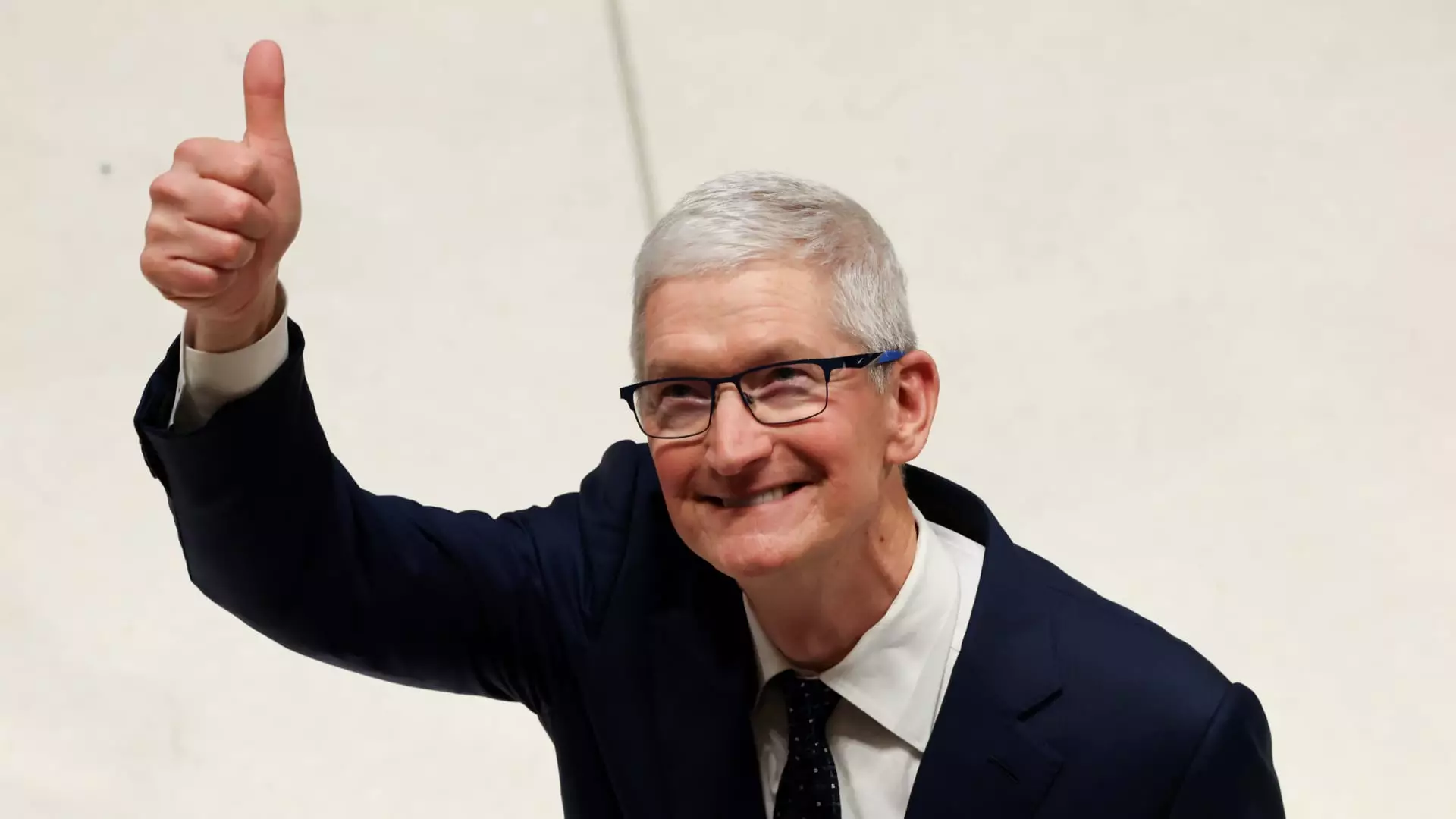In a significant ruling marked by the commitment to transparency, Apple has emerged victorious in its ongoing battle with the U.K. government concerning data privacy. The U.K.’s Investigatory Powers Tribunal ruled against the government’s attempt to keep the details of Apple’s appeal secret, which sought to compel the tech giant to create a backdoor into its encryption system. This notable verdict not only reinforces the importance of open justice but also shines a light on the broader conversation surrounding user privacy and national security.
The government’s request to suppress the hearing details under the guise of national security raised eyebrows, reflecting a tension between state power and individual rights. Judges Rabinder Singh and Jeremy Johnson highlighted the gravity of conducting a judicial hearing entirely in secrecy, noting that it would fundamentally contravene the principle of open justice. This ruling sets a crucial legal precedent, emphasizing the need for transparency even in matters of significant public interest, such as government surveillance.
The Implications of Encryption Weakenings
At the heart of this conflict is the U.K. government’s demand for a “backdoor” to Apple’s encryption, specifically targeting data protected by the Advanced Data Protection (ADP) system. This system employs end-to-end encryption, safeguarding an extensive range of iCloud data and ensuring user privacy. The government’s motivations, steeped in concerns over criminal activities facilitated by encrypted communications, are understandable but raise serious ethical questions about privacy infringement.
Lawmakers in the U.S., U.K., and EU have expressed growing frustration with end-to-end encryption, arguing that it hinders law enforcement’s ability to combat crimes like terrorism and child exploitation. However, this argument often overlooks the ramifications of weakening encryption, which, rather than enhancing security, makes users and their data more vulnerable to unauthorized access and exploitation. The enduring debate around this issue compels us to consider: should government interests consistently take precedence over individual privacy?
Apple’s Stance on User Privacy
Apple’s resistance to government pressure illustrates its enduring commitment to user privacy and data security. The company’s stance against building backdoors or master keys to its services is noteworthy in a technology landscape increasingly characterized by concessions made in the name of security. Apple’s withdrawal of the ADP system for U.K. users underlines the dramatic consequences of a government mandate perceived as an infringement on personal privacy.
In a public statement, Apple expressed deep disappointment regarding this decision, particularly in the context of rising data breaches and security threats. This reaction encapsulates the company’s ethos of prioritizing user safety, setting it apart from others in the tech industry. They recognized the need for enhanced protection for their customers’ personal data and committed to nurturing the highest level of security possible—an increasingly rare value in the tech space.
A Shifting Landscape of Privacy Rights
As we navigate this complex landscape, several crucial questions arise regarding the balance between security and privacy. The ruling against the U.K. government’s push for secrecy not only highlights the importance of judicial transparency but also emphasizes the need for a reevaluation of our approaches to digital privacy within legislative frameworks.
The Investigatory Powers Act of 2016, which grants authorities the ability to compel tech companies to create backdoors, requires careful scrutiny. While protecting national security is vital, compromising users’ privacy for the sake of enforcement risks creating a society where individuals are under constant surveillance. Fundamentally, the discussion shifts from merely a legal debate to an ethical confrontation about personal freedoms and privacy rights.
As Apple continues to stand firm against government pressures, it becomes emblematic of the broader fight for privacy rights in our digital age. The outcome of this ruling not only impacts Apple and its U.K. users but resonates across the globe as individuals, tech companies, and regulators grapple with the delicate balance between security and privacy. The triumph of transparency should resonate with all who advocate for a just society where accountability prevails over unchecked governmental authority.


Leave a Reply